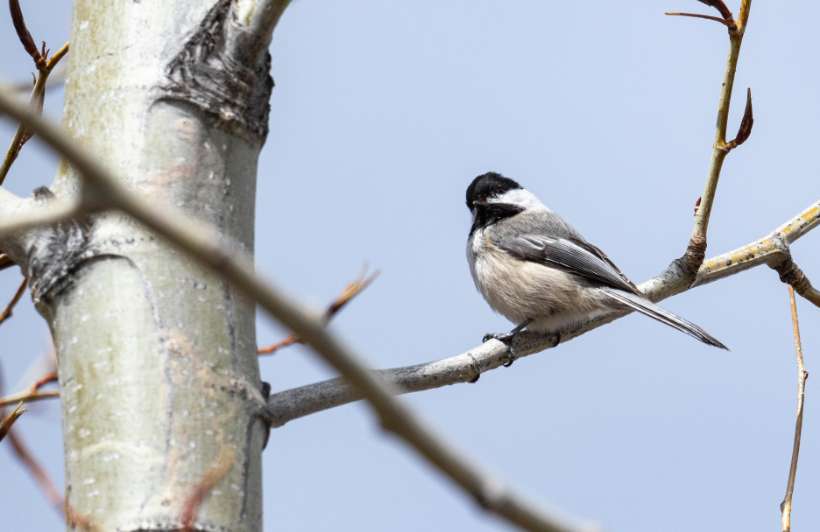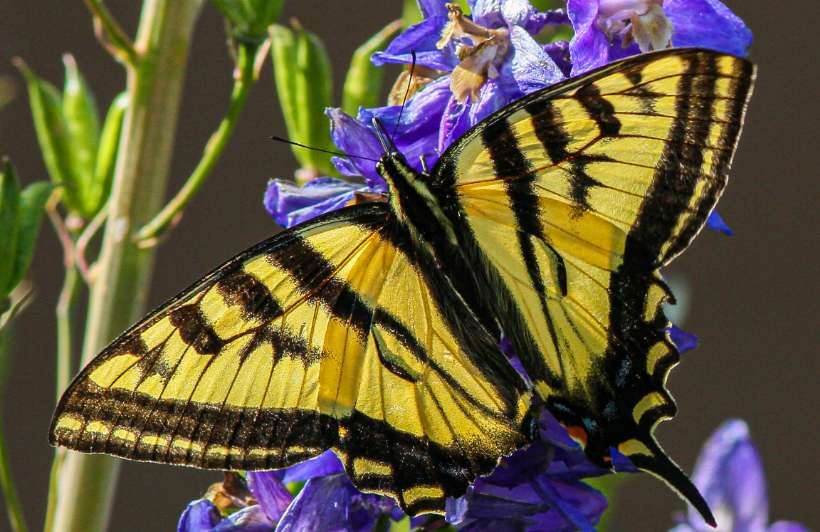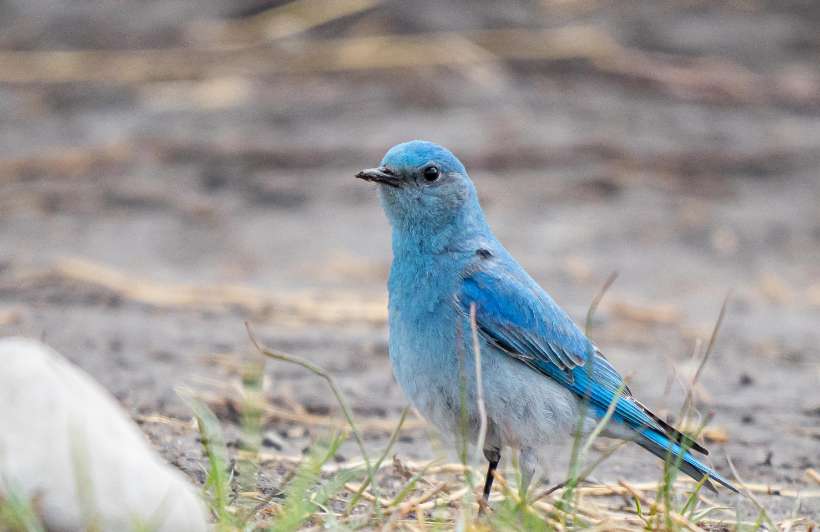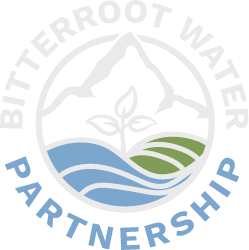Save water, save money, save wildlife
If you have a yard – at home or at the office – you can significantly benefit water conservation by prioritizing native, drought-tolerant plants in your landscaping. Plus, regionally native plants are diverse and brilliant and, with the right preparation, are sure to make your outdoor spaces a delightful place.
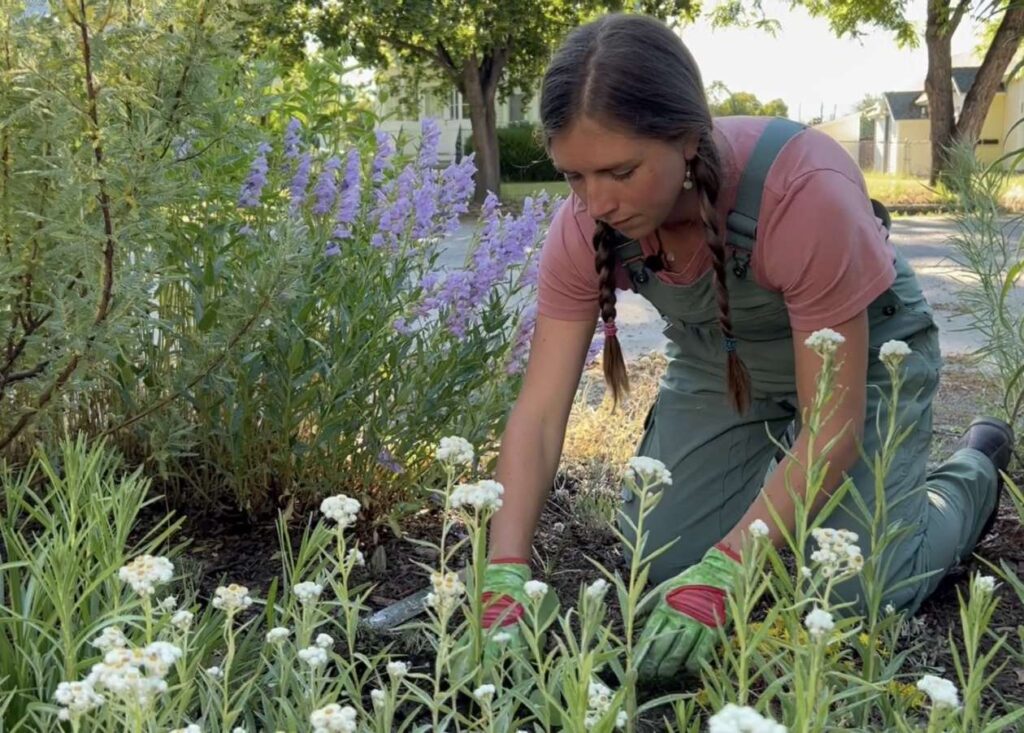
Ordering Your Water-Wise Plant Pack
$79 / Pack of 32 Plants – $2.46 per plant!
Each Pack includes curated selection of native species, with a diversity in bloom times, colors, and plant types to quickly and easily turn your yard into a vibrant and thriving native plant habitat. All plants are grown locally by Great Bear Native Plants.
You’ll find Packs for sunny and shady areas, and a special pack to attract butterflies (also for sunny areas). Each comes with detailed care and watering instructions and landscape design suggestions.
Packs can be PICKED UP in person on:
Saturday, June 7 | 9 – 12 pm in Hamilton
Wednesday, June 11 | 5- 8 PM in Hamilton
More details about pick up will be emailed to you after purchase. Email alex@bitterrootwater.org for special pick up arrangements.
Check back in April 2026 for our next Plant Pack Sale.
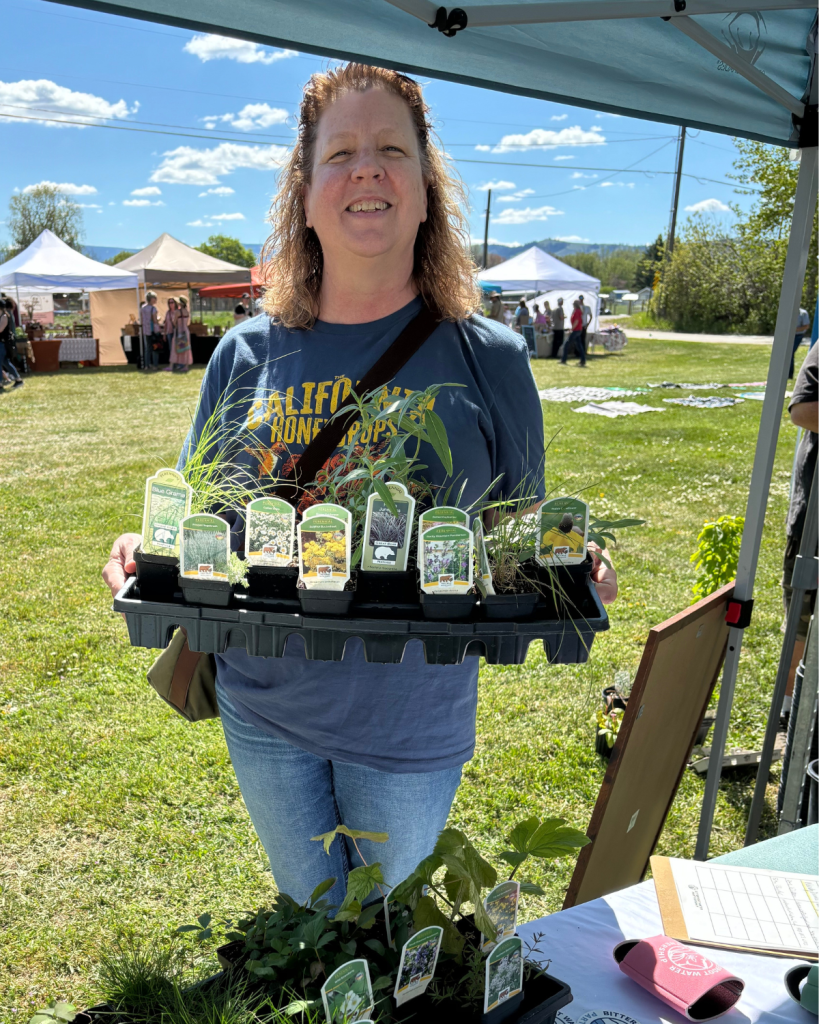

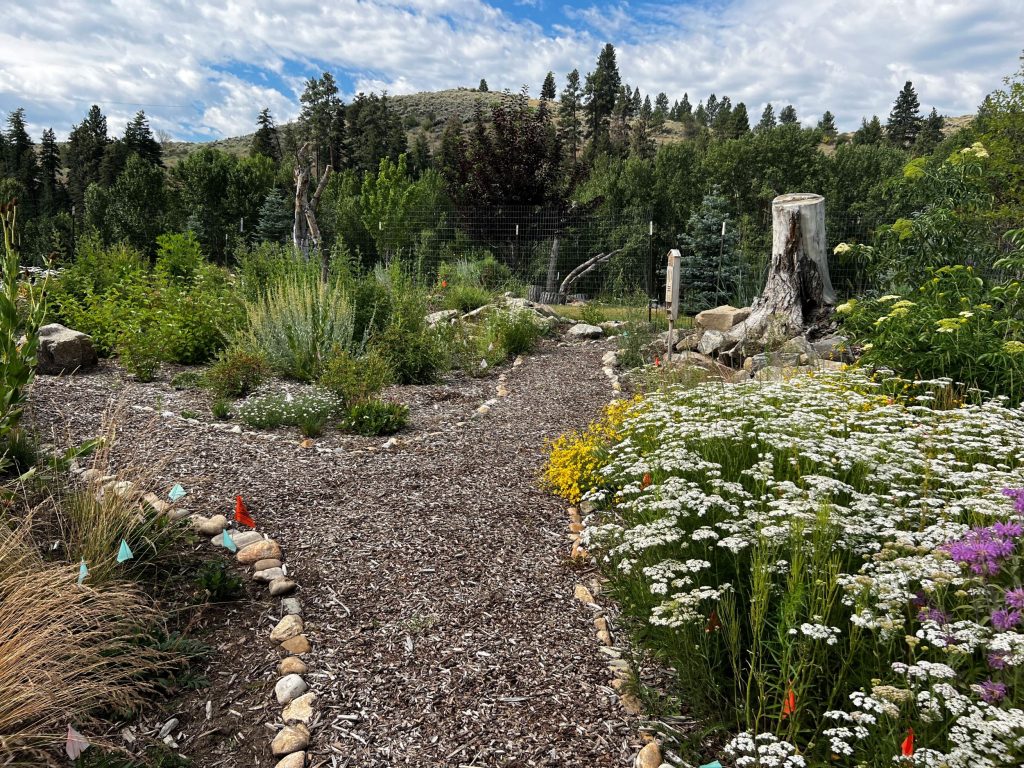
Reducing Local Water Pollution
Less water in your yard means more water in our natural waterways.
New to native, Water-Wise landscaping?
Water-Wise Packs come with resources from Great Bear Native Plants with helpful tips and guidelines on caring for your native plant habitat.
Want Consultant Support?
Contact one of these local landscapers to guide your Water-Wise Transition!
WILDSCAPE – Landscape design, consultation, maintenance. Contact Amy Monteith at (406) 961-1944
monteithamy@gmail.com
Amy has worked for 17 years professionally in landscapes throughout the Bitterroot Valley, and for a lifetime in her own garden spaces. She has great experience and insight to important garden, landscape, and property design considerations. Wildscape utilizes organic gardening principles, with an emphasis on healthy soil building, using compost and organic mulches to improve soil and decrease water use. Amy emphasizes
native, pollinator and water-wise plants to boost ecological benefits in the landscape, plus, she has experience with weed deterrence and elimination in a variety of settings.
Great Bear Native Plants – Visit the GBNP website to learn more.
GBNP offers consulting and design services for private and commercial properties for native plant selection, landscape design. For larger projects, we partner with local landscapers for plant installation, maintenance, hardscaping and other services.
Please contact info@bitterrootwater.org if you’re a native plant landscaper and would like to be included in this list.
Reducing Local Water Pollution
Less water in your yard means more water in our natural waterways.
Native plants are those plants that naturally and historically grow in an ecosystem or region. This means they thrive in local, natural conditions. Unlike cultivated plants or lawns, they don’t need high volumes of fertilizers, soil amendments, or water.
Temperature Pollution
Temperature pollution is “any change from the natural temperature in a habitat.” This means streams get too warm for native wildlife, like trout. On top of that, warmer streams allow non-native invasive species, like pike, to thrive, which further disrupts our streams and the species we want to live there.
Low Flows
One reason streams become vulnerable to temperature pollution is ‘low flows’. When too much water is removed for our uses – like watering our yards – in-stream water, or flow level, becomes so low that aquatic life and other important natural processes are damaged.
Chemical Pollution
We know flowing or even slowly seeping water picks up chemicals on its journey, carries them, and delivers them to larger water bodies. Synthetic chemical and fertilizer treatments added to lawns or gardens are dangerous and easily seep into the ground or wash off plants to end up in our waterways, damaging water quality for people and wildlife.
Supporting Local Pollinators & Farmers
Native plants provide irreplaceable habitat and benefits to our local wildlife and natural areas.
Native pollinators, like bees, birds, beetles, moths, and butterflies, have developed unique relationships and behaviors that can’t always be replicated by non-native species. Thriving pollinator populations require healthy native plant populations and, in turn, encourage stable natural systems and food production.
